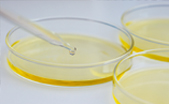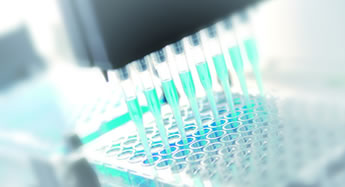More from the CJEU on SPCs and active ingredients
February 2015
Arne Forsgren v Österreichisches Patentamt (CJEU Case C 631/13), concerns Forsgren's application to the Austrian authorities for an SPC for Protein D (IgD-binding protein of Haemophilus influenza), for which it owned EP 0 594 610. Protein D is present in a pneumococcal vaccine for paediatric use, Synflorix. Here, it is a carrier protein conjugated by covalent bonds to several pneumococcal polysaccharide serotypes and adsorbed on aluminium phosphate. However the SPC application was for Protein D per se, not in the conjugated form found in Synflorix.
At the national level, the application was rejected on the basis that Protein D is not present in Synflorix other than as a conjugate of other active ingredients. It was also rejected on the basis that in Synflorix it is an excipient rather than contributing to the activity of the vaccine. The applicants argued that Protein D has active properties of its own, albeit that these were not covered by the marketing authorisation.
On referral, the CJEU ruled that it is possible for an active ingredient to give rise to the grant of an SPC where the active ingredient is covalently bound to other active ingredients in the authorised medicinal product. However, an SPC is not permitted for an active ingredient whose effect does not fall within the therapeutic indications covered by the marketing authorisation.  Hence, a carrier protein conjugated with a polysaccharide antigen by means of a covalent bond may only be categorised as an 'active ingredient' if it is established that it produces a pharmacological, immunological or metabolic action of its own and this is covered by the therapeutic indications of the marketing authorisation.
Hence, a carrier protein conjugated with a polysaccharide antigen by means of a covalent bond may only be categorised as an 'active ingredient' if it is established that it produces a pharmacological, immunological or metabolic action of its own and this is covered by the therapeutic indications of the marketing authorisation.
If you have any questions on this article or would like to propose a subject to be addressed by Synapse please contact us.


Paul England
Paul is a senior associate and professional support lawyer in the Patents group based in our London office.
"...an SPC is not permitted for an active ingredient whose effect does not fall within the therapeutic indications covered by the marketing authorisation."

